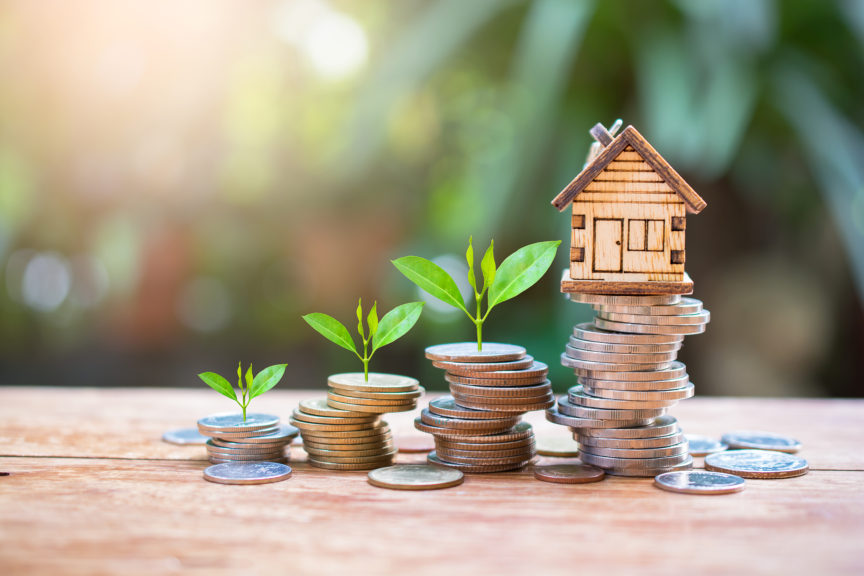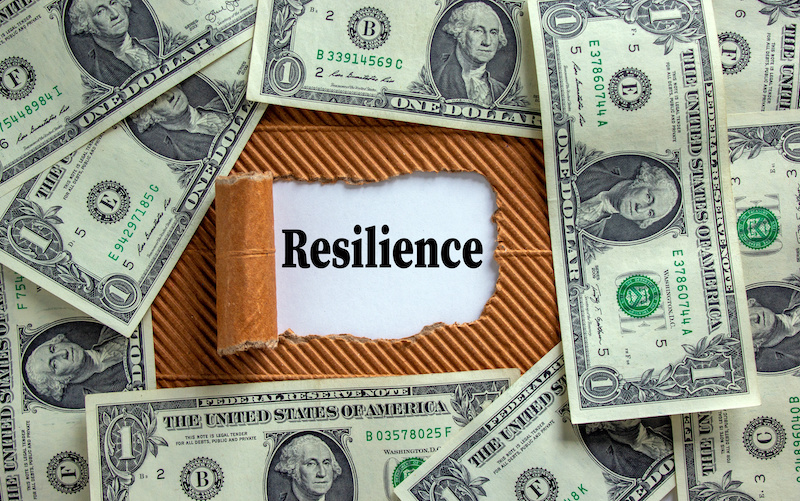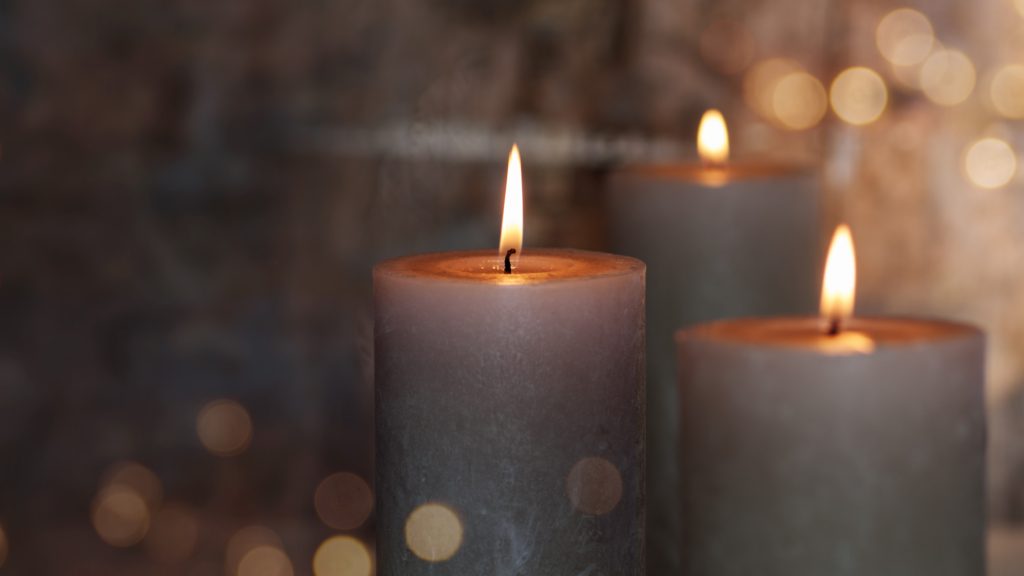Helena Iturralde: Sewing a Community Conscience
Annali HaywardSeptember 30, 2019
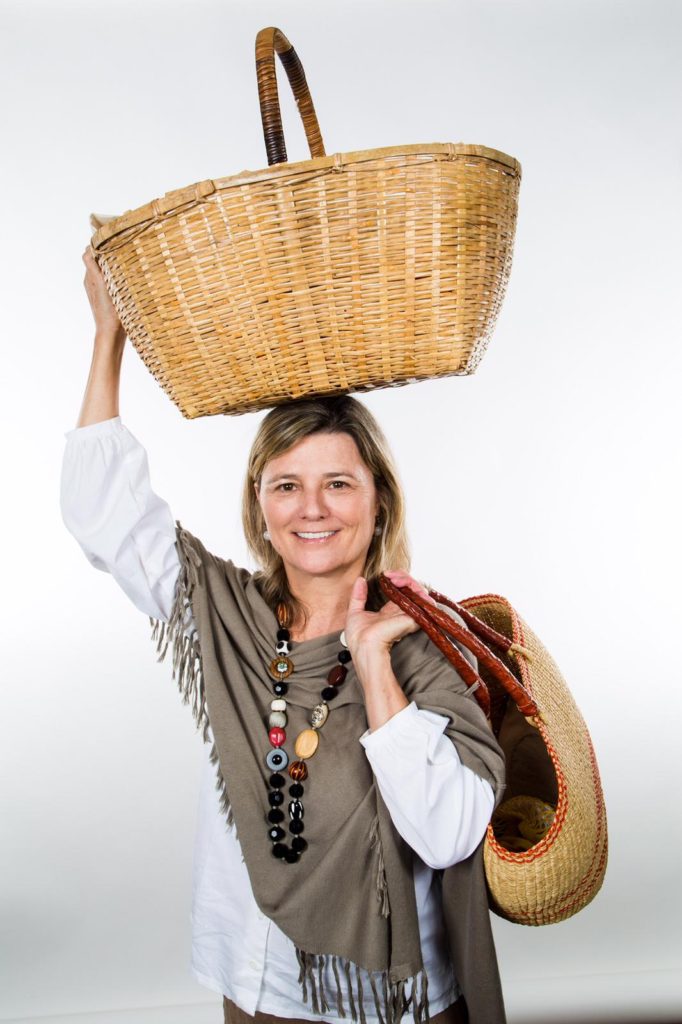
Helena Iturralde of A Zero Waste Culture (Helena Iturralde via Key News)
Local eco-warrior Helena Iturralde is the driving force behind nonprofit A Zero Waste Culture, whose mission is to engage communities with programs to fight climate change. She talks here about her latest project, Sew-A-Bag.
Key News: Tell us how A Zero Waste Culture started.
Helena Iturralde: When I came to Miami from Spain, I was shocked by the lack of attention community members paid to the environment. I founded Oli & Claire, an eco-friendly and sustainable home decor company that upcycled retired furniture. When looking for old pieces, I was disturbed by the amount of waste we produce. I pledged to begin a zero-waste lifestyle, reading and watching everything I could on climate change and sea level rise, two of the most pressing issues affecting this community. In October 2018 I attended training organized by the CLEO Institute. I was overwhelmed by the statistics – it became hard for me to sleep.
Trying to understand how recycling works, I visited our area’s facility – and learned that it doesn’t. Virtually nothing is being recycled. Instead we must relearn how to refuse, reduce, reuse and repair what we consume, before consciously recycling (and composting).
I decided to think big and act local. With a small group of islanders (Taima Hervas, Jackie Kellogg, Rosa Sugrañes and Josefina Campiani) A Zero Waste Culture was born. Our first two programs are Sew-A-Bag and Key Biscayne Community Compost.
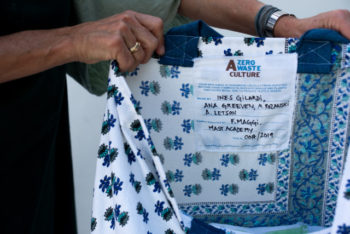
A volunteer displays the label inside a newly finished Sew-A-Bag, July 2019. (Helena Iturralde via Key News)
KN: How did you come up with the idea for Sew-a-Bag?
HI: The fabric industry is one of the leading causes of pollution, with masses of material ending up in landfills. I realized something good could come of my aversion for single-use plastic bags: replace them with recycled fabric ones. But for minimal carbon footprint, they would need to be made locally. That’s when I thought of Sew-A-Bag.
A 2015 trip to Africa where I saw a nonprofit teach women to sew and provide them with machines also inspired me to introduce a social aspect, so we are working on involving disadvantaged women in the wider Miami community in this project.
KN: How does it work?
HI: Right now we collect donated fabrics (jeans, curtains, linens and clothing). We get together on Wednesdays and Saturdays at the Lighthouse Room in the Key Biscayne Community Center to separate and register materials. We design each bag, cut the material, iron the pieces to make the body, cut denim to make the handles, and sew them together to make one-of-a-kind-bags. We make multipurpose totes and some smaller ones too for bread and wine.
Each bag has a used-fabric label tracking its own carbon footprint, including the names of those who donated materials and made the item.
We’re a small but growing group of different generations and experiences. I’d like to thank Ana Greeven, a key part of the project since the beginning. Also Tim Brown, who with Ana sews and teaches our students, Amelia Letson, Connie Vacena, Ines Gilardi, Christina Leite and Paloma Góngora. And of course Roxy Lohuis, Senior Coordinator at the Community Center for accommodating us.
KN: What would you tell our local elected officials about how they can support your initiatives?
There is no time to lose. We must act. We’d ask our elected officials to support our initiatives. Our intention is for each to be self-sufficient after the first couple of years, and we don’t foresee asking for funds indefinitely for the same project. We want Key Biscayne to be a model of sustainability for other cities. Maybe our Community Center could lead the way by having, amongst its many facilities, an “Environmental Room” where projects like Sew-A-Bag could have a home to store materials and work from.
KN: What’s next for you?
HI: For Sew-A-Bag, grow by reaching out to our sister city Liberty City and the greater community to share our model for entrepreneurship and self-sufficiency. We’d like to pay per-piece to women in need in our greater community: homeless, those transitioning from prison, single mothers, etc. For composting we must first make it a reality on Key Biscayne. After that I want to help local businesses along their paths to going green and create a sustainability certification. Also, find or create a profitable recycling system; and finally, establish an environmental action community cooperative for trading goods and services including bulk, package-free items.
Editor’s note: Key Biscayne Community Compost was granted funds in the second budget hearing 24. Sept.
